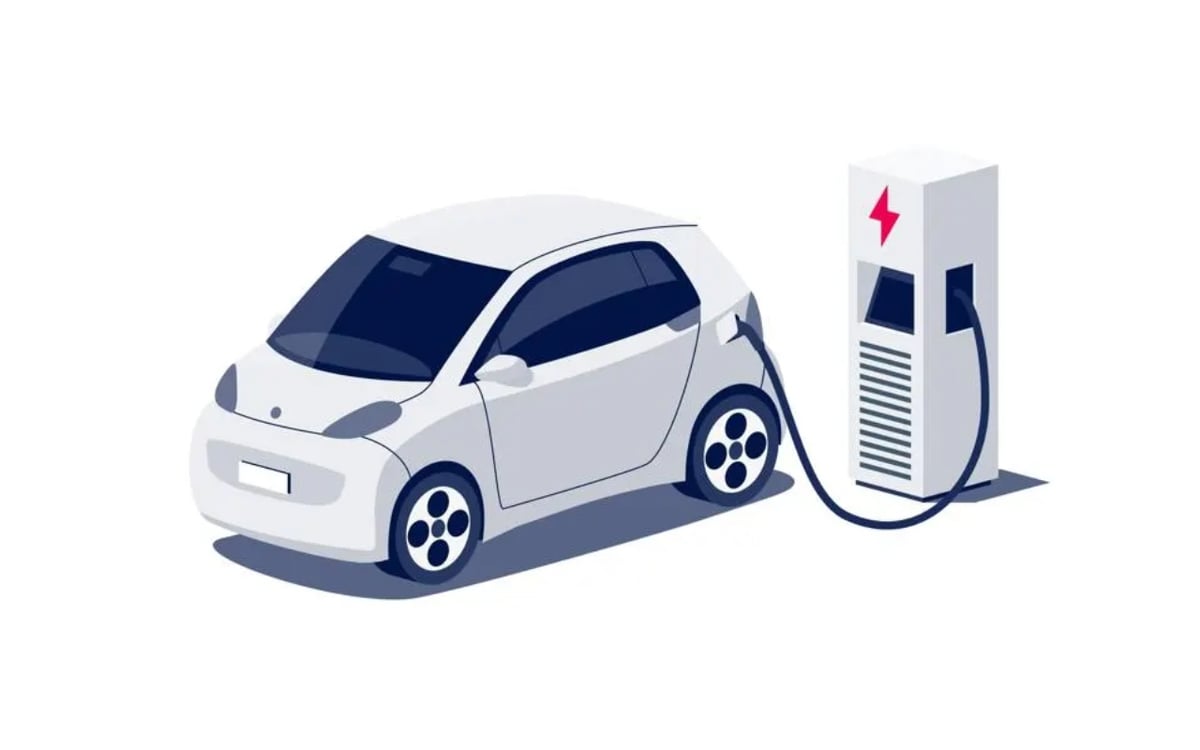To avoid rising petrol and diesel prices Electric Car Buying is a good option. But the biggest question is whether charging electric cars is really convenient? With modern electric vehicle technology, charging at home or at public stations has now become much easier. If you are thinking of buying an electric car, it is important to know about the cost of charging an electric car in India. Here are the facts about charging facilities and costs in India.
How to charge an electric car?
Electric cars can be charged in a variety of ways at home, in public places or at the office. Common methods of charging an electric car include the following:
At home, you have the option of using a Type 1 AC charger connected to a standard AC socket or installing a wall box or Type 2 charger from the manufacturer for faster charging convenience. These methods make it convenient for electric vehicle owners to charge their cars in residential settings.
Charging your electric cars in public places like cinemas and supermarkets has now become a reality. Most public charging stations offer 7kW charging capacity, and this provides a driving range of about 30 to 50 km per hour for battery electric vehicles (BEVs). At some electric car charging stations, you will need to bring a charging cable and may need to download a specific mobile app for the charging process. In some stations, you can simply plug in the cable and charge your electric cars.
Charging your electric car at your workplace is just as convenient as charging it at home. Typically, workplace charging stations have standard Type 2 sockets, where you simply connect your own charging cable to charge your electric cars. As per the company policies and setup, you can initiate the charging process by swiping the card or using the smartphone application. This workplace charging option provides electric car owners a practical and accessible way to keep their electric cars charged during work hours.
Charging costs of electric cars
The battery capacity of most electric vehicles in India usually falls in the range of 20 to 40 kWh. When charging your electric cars at home, the cost is influenced by the electricity tariff of the respective state, which varies between Rs 8 to Rs 10 per unit.
For example, electric car charging costs at charging stations in Delhi average around Rs 4 per kWh, while domestic rates can range between Rs 2 to Rs 9 per unit. This means that charging your electric car at a public station may cost you between Rs 100 to Rs 200, and charging at home may cost you between Rs 180 to Rs 500.
The time taken to charge an electric car depends on factors such as the car model, battery size and the charging speed of the point. In general, it should take about 60 minutes to reach 80% charge, but this time frame can vary. Using a rapid charger can reduce this charging time significantly, typically to 30 to 40 minutes.
Types of Chargers for Electric Cars In general, there are three types of charging, and they are:
-
Rapid Electric Car Chargers
-
fast electric car charger
-
regular electric car charger
Rapid Electric Car Chargers
Rapid electric car chargers use high-power AC (alternating current) or DC (direct current) to quickly charge an EV battery. Depending on the model of your EV, a rapid charger can charge the battery from 0 to 80% capacity in just 20 minutes. However, some modern electric cars can take about an hour to reach 80% even when using a fast charger. It is important to note that once the EV is 80% charged, the charging speed slows down. This change is to protect the battery from internal damage and improve overall charging efficiency. Please note that rapid chargers only work with electric cars that support rapid charging technology.
fast electric car charger
Fast electric car chargers usually work on AC. Charging speed depends on the capacity of the charger and the specific vehicle model. Typically, a 7 kW fast charger can efficiently recharge a 40 kW EV battery from 0 to 100% in 4 to 6 hours. A 22 kW fast charger can do the same charge in just 1 to 2 hours. Making sure your electric car battery is compatible with a 22kW or 7kW charging station is important for good performance. While fast electric car chargers are commonly found in public charging, they can also be installed at home for personal use. Both portable and hardwired options are available in the market for different preferences and needs of the user.
regular electric car charger
Regular electric car chargers are the common choice for electric car home charging. The charging speed of these chargers is slower than fast or fast chargers, so overnight charging is the most suitable method. With charging rates ranging from 3kW to 6kW, regular electric car chargers typically require 8 to 12 hours to fully charge an electric vehicle from 0 to 100%. Users have the luxury of choosing a portable or hardwired regular EV charger.
How often should you charge your electric cars?
Charging frequency for electric vehicles varies depending on driving habits and battery capacity. Typically, between two to three days of charging is enough for many electric cars
How safe is it to charge an electric car at home?
Charging your electric car at home is safe if you follow the safety guidelines provided by the manufacturer and use the appropriate equipment. It is important to follow the manufacturer’s guidelines and consult a qualified person for installation and maintenance.

